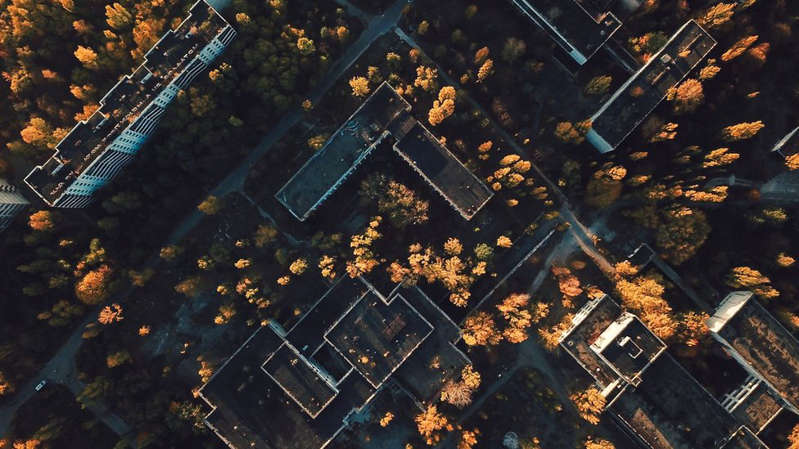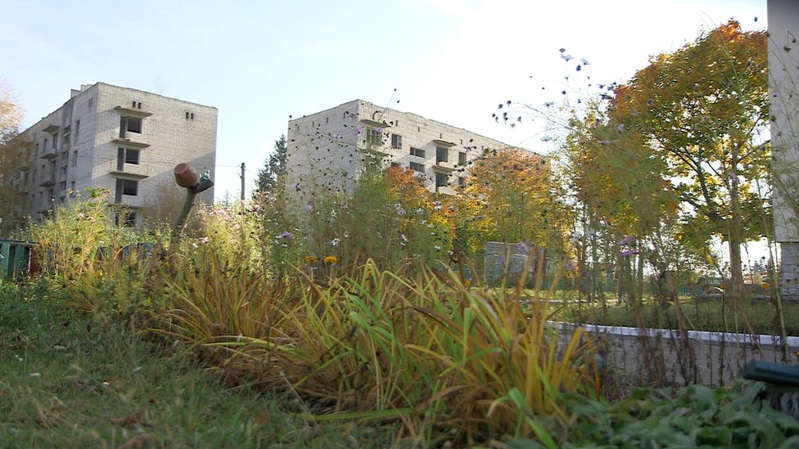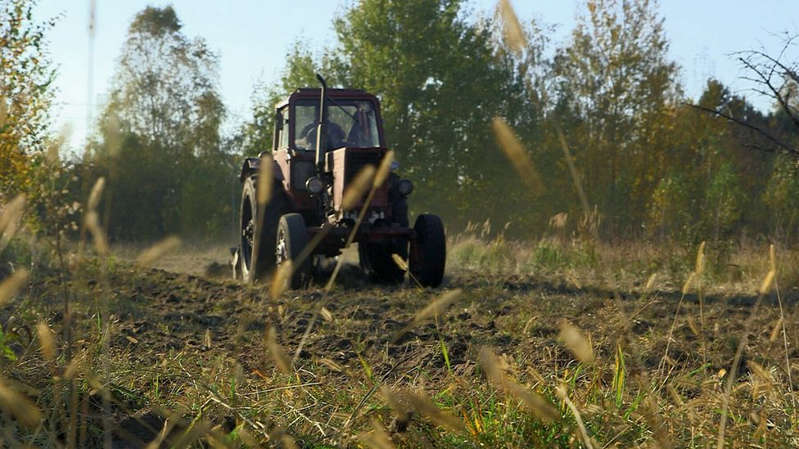
An area of 4,000 square kilometers around the nuclear power plant was abandoned after the 1986 disaster
The first consignments of “craft vodka” made from apples grown near the exclusion zone of the Chernobyl nuclear power plant were confiscated by the Ukrainian authorities and delivered to the Kiev prosecutor's office.
This was announced by the alcohol producer, Chernobyl Spirit Company. The creators of the unusual vodka call themselves a social enterprise and claim that Atomik is the first consumer product from an area contaminated with radioactive contamination after a nuclear power plant accident in 1986.
- Vodka from Chernobyl. The first bottle of Atomik was poured in the exclusion zone
- Free dogs of the Chernobyl zone and their new friends
The consignment was taken from a truck at a distillery in the Carpathians. The company noted that they “have no idea” about the reasons for the confiscation of goods en route to the UK. Now they are awaiting the results of the investigation of the Ukrainian special services.

Apples for making vodka were grown in the village of Narodichi, located just outside the exclusion zone
“It looks like we are accused of using counterfeit Ukrainian excise stamps,” said University of Portsmouth professor Jim Smith, who founded the Chernobyl Spirit Company together with Ukrainian partners. “But this is pointless, because the goods were sent to the UK and they have the necessary British excise stamps.” …
“There is no more radiation than in any other vodka”
Jim Smith, along with other fellow scientists, spent years studying the exclusion zone of the Chernobyl nuclear power plant and the adjacent territory, with a total area of 4 thousand square meters. km. The exclusion zone was heavily contaminated with radionuclides after the accident at the station and is still considered radioactive.
As part of the study, a group of enthusiastic scientists began growing rye and other crops in the exclusion zone to find out how safe they are for consumption.

A team of researchers cultivated rye in the exclusion zone to find out how much the earth recovered after a nuclear accident in 1986
The reason for the creation of alcohol was also the desire of scientists to demonstrate that the land around the exclusion zone can be used again to benefit.
Researchers believe this will help local farmers grow and sell their produce – now illegal, and land within the exclusion zone is officially considered contaminated.
After the first tasting of the product in 2019, Jim Smith stated that this vodka has no more radiation than any other.
Smith and his colleagues slightly tweaked the recipe to produce an apple-based alcoholic beverage. Apple trees grow in the villages of Narodichi, adjacent to the exclusion zone.
The company promises to give 75% of all proceeds to help people in the exclusion zone who are still experiencing the economic consequences of the Chernobyl accident.
“We hope that this problem will soon be resolved, and we will continue our work to help people who have become victims of the devastating social and economic consequences of the Chernobyl disaster,” said Gennady Laptev, one of the company's co-owners and liquidator of the Chernobyl accident.
The BBC appealed to the Kiev prosecutor's office for a comment: no response had been received at the time of publication.

